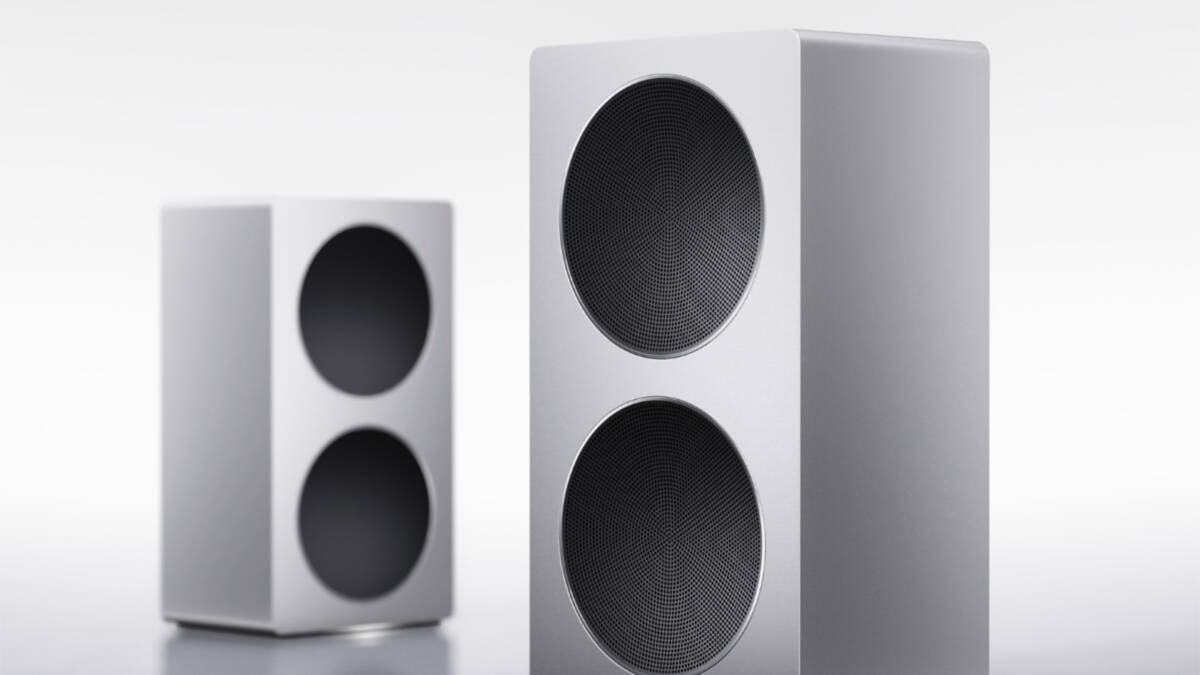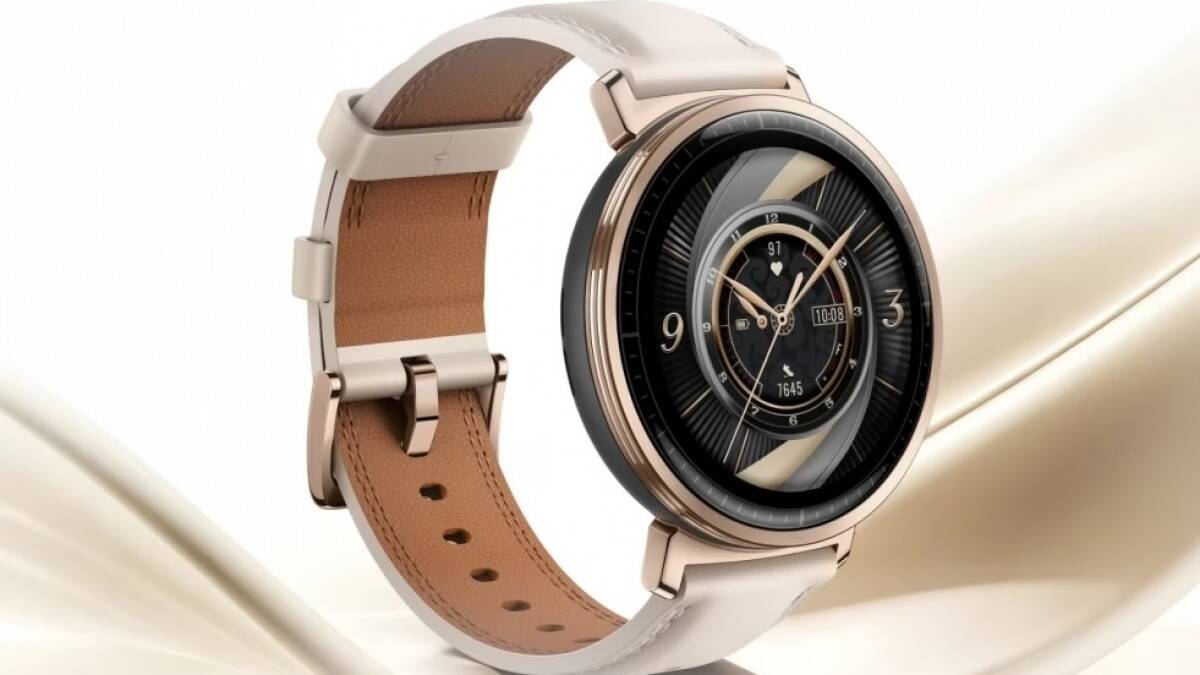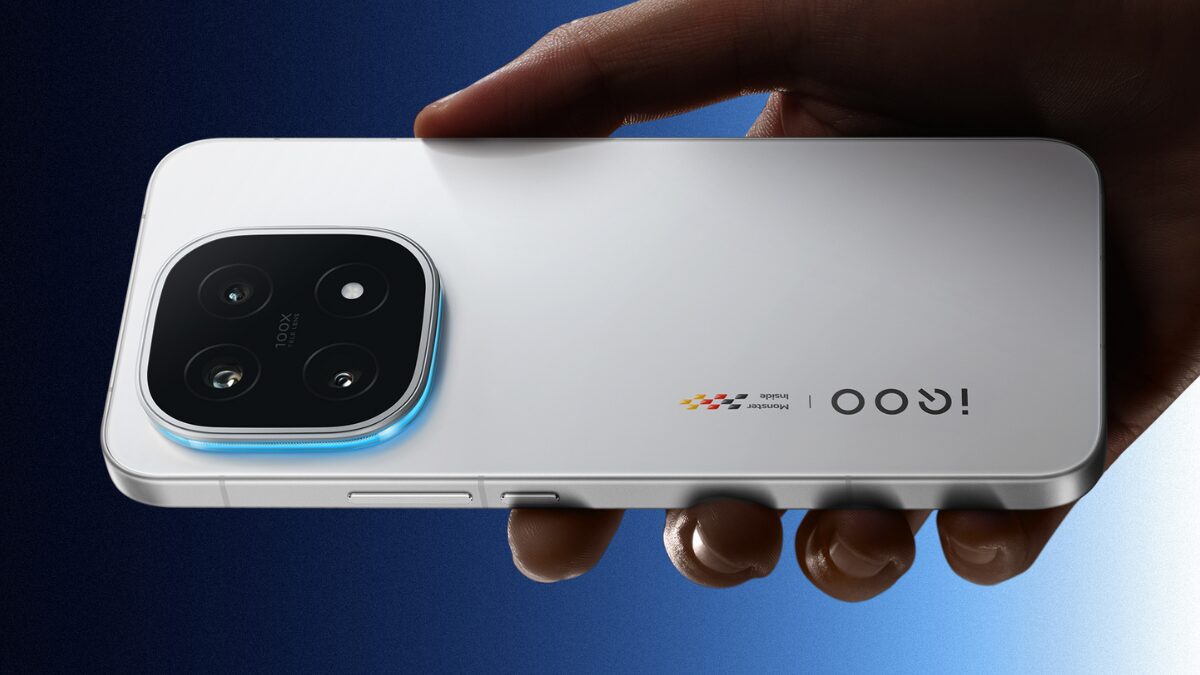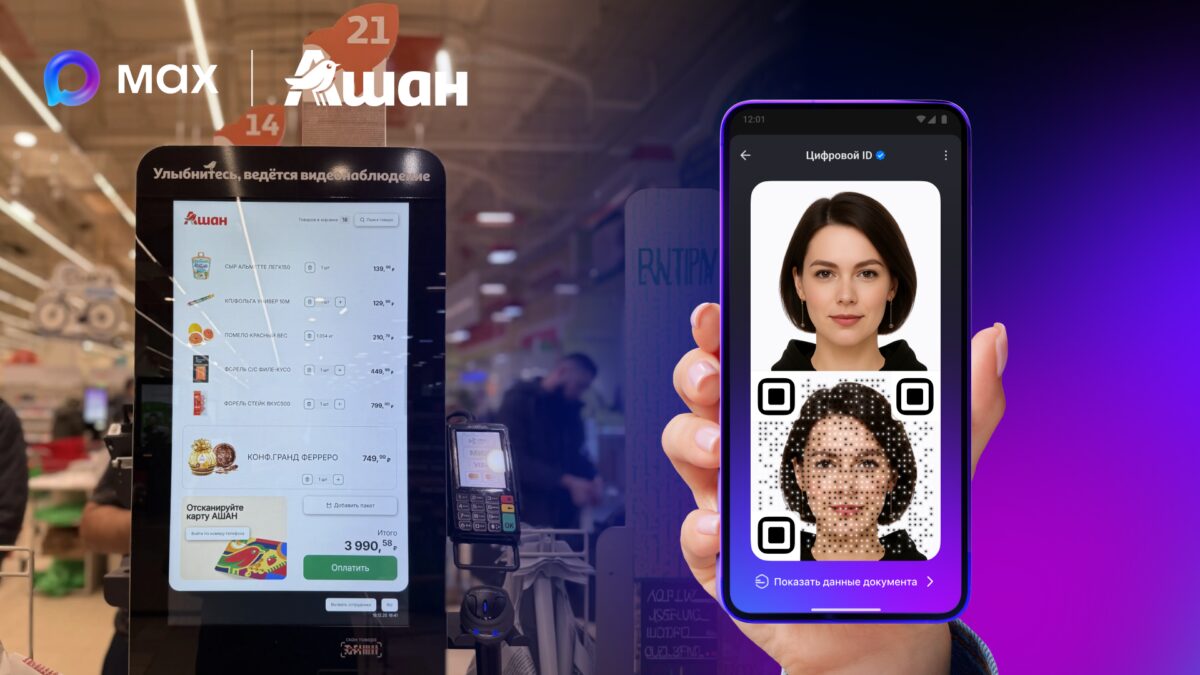Nothing could create its own AI-powered OS to compete with Android and iOS

Nothing founder and CEO Carl Pei has shared the company’s plans to develop the Nothing OS with deep AI integration. According to Pei, Nothing aims to offer users something new to differentiate itself from Google and Apple’s dominance in the mobile OS world.
Nothing is a new way of doing things, Pei said.
Although Nothing is still a relatively small company compared to the tech giants, Pei acknowledged that developing a completely independent operating system requires significant resources and may not be the optimal solution at this stage. Instead, the company intends to implement advanced AI features using models created by large companies to enhance the functionality of the Nothing OS. While Pei didn’t reveal details, he hinted that the changes could have a major impact on how users interact with the devices.
Pei said that the changes could have a major impact on how users interact with the devices.
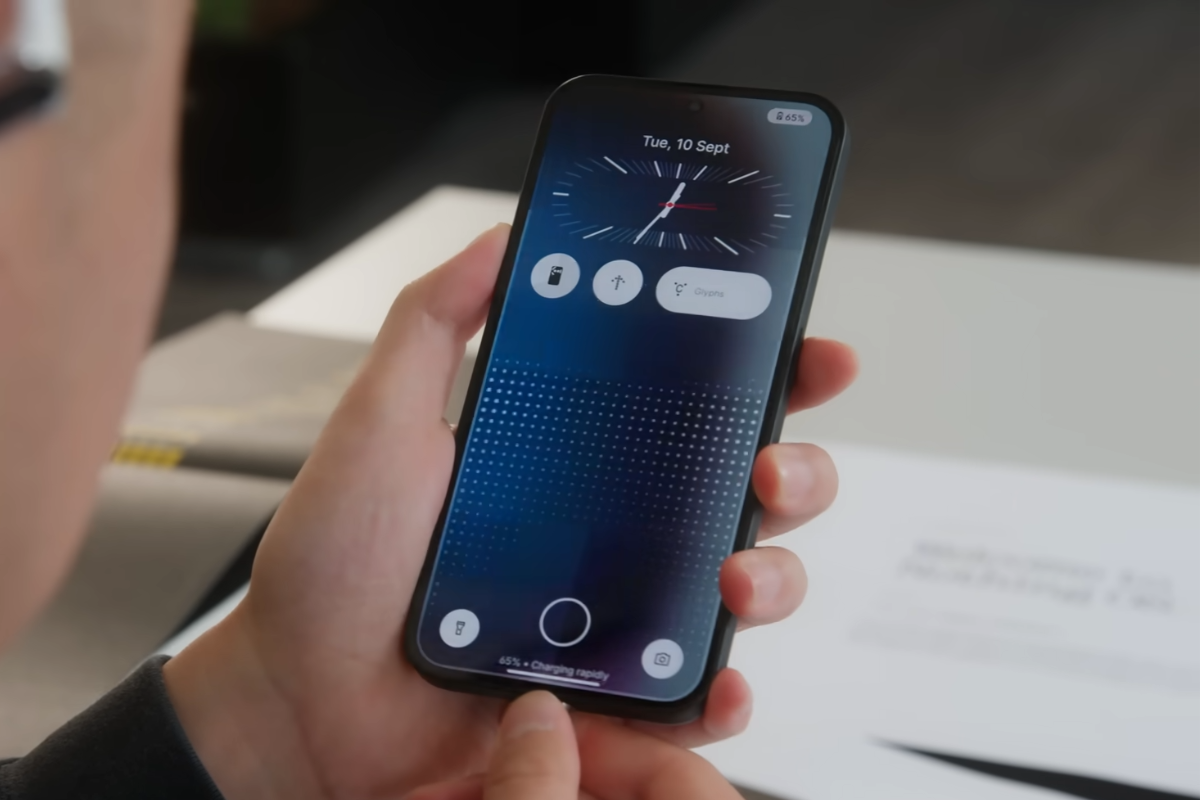
Pei stressed that AI has simplified OS development, allowing for levels of personalization not yet present on other platforms. He said the company’s goal is not to create a new OS «from scratch» but to improve user interaction through clever AI tools. However, he said, Nothing is not calling its system «an AI operating system» because success, Pei believes, depends not on the technology per se, but on who can offer the best user experience and find the best positioning in the market.
Pay said the company’s goal is to create a new operating system for the user who can offer the best user experience and find the best positioning in the market.
In this context, the example of Huawei, which has created a new operating system called HarmonyOS Next that is completely independent of Android, is also interesting. Unlike previous versions, HarmonyOS Next is built «from the ground up» with its own ecosystem of apps and enhanced privacy features. Huawei is positioning HarmonyOS Next as a standalone system capable of seamlessly interoperating devices within its ecosystem.
Huawei has positioned HarmonyOS Next as a standalone system capable of seamlessly interoperating devices within its ecosystem.

